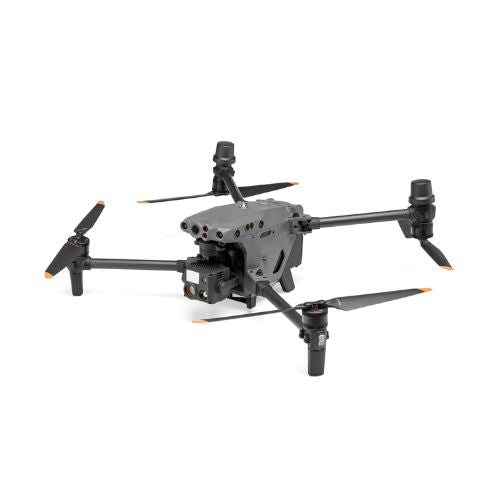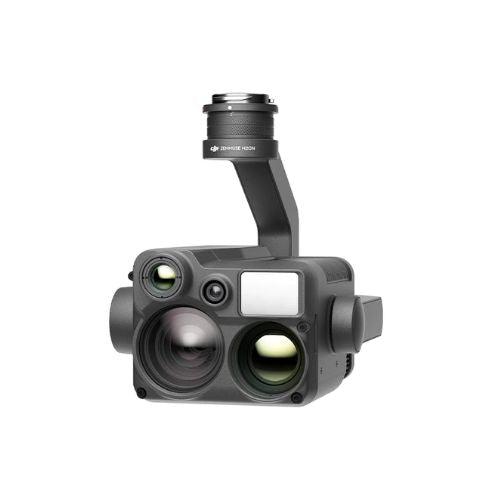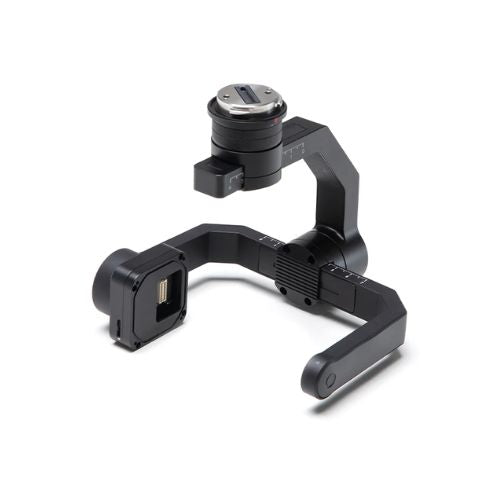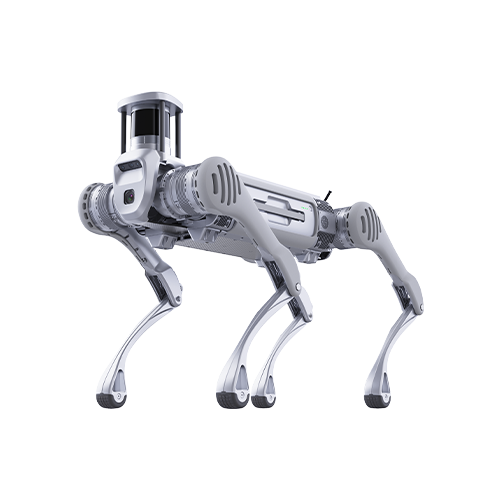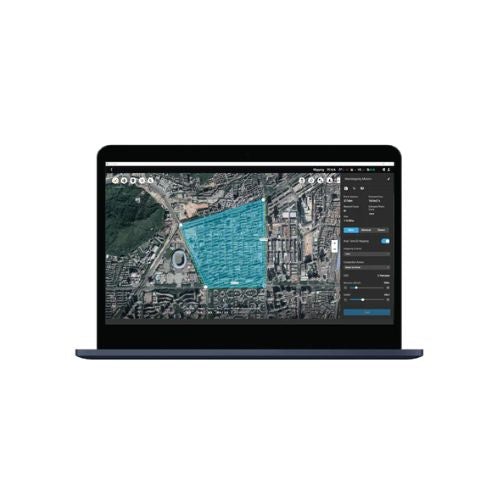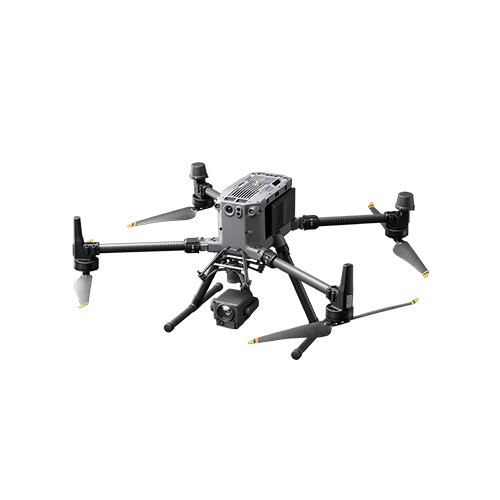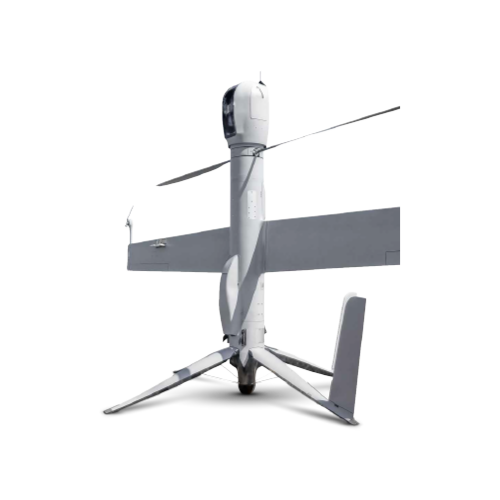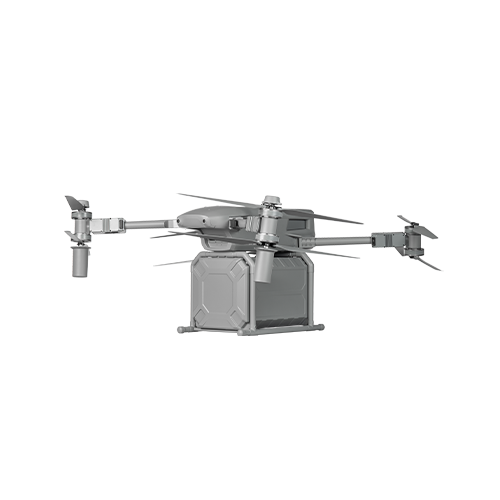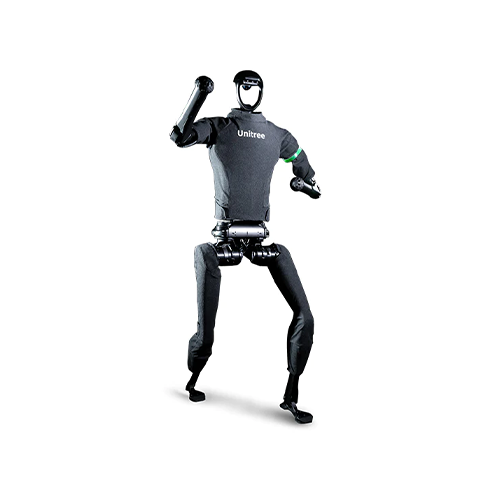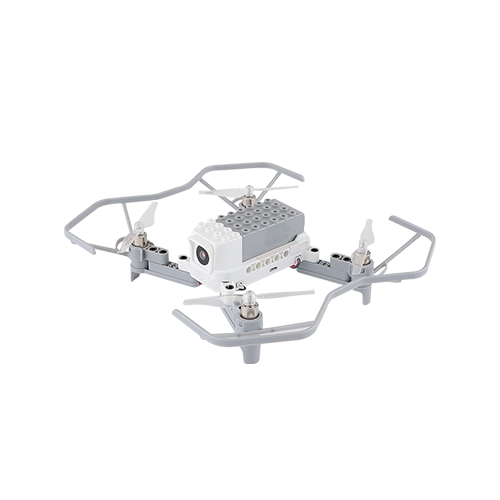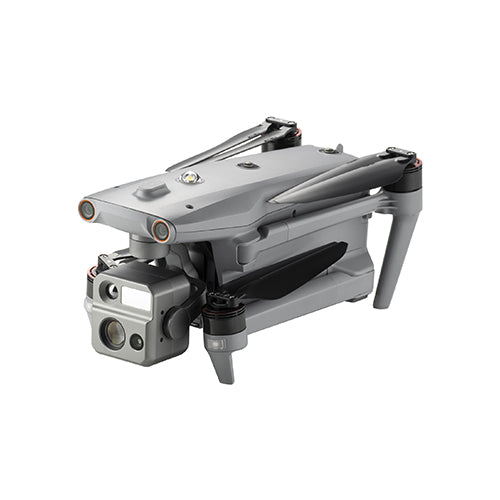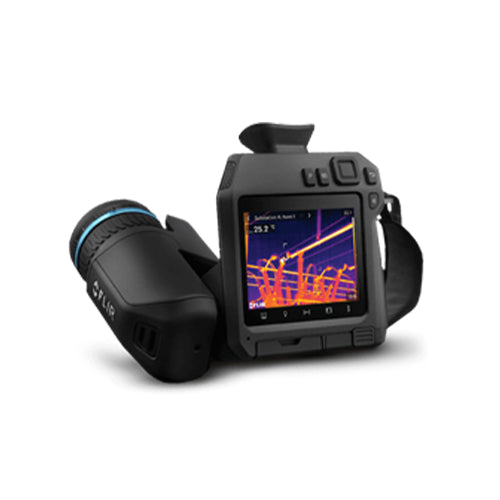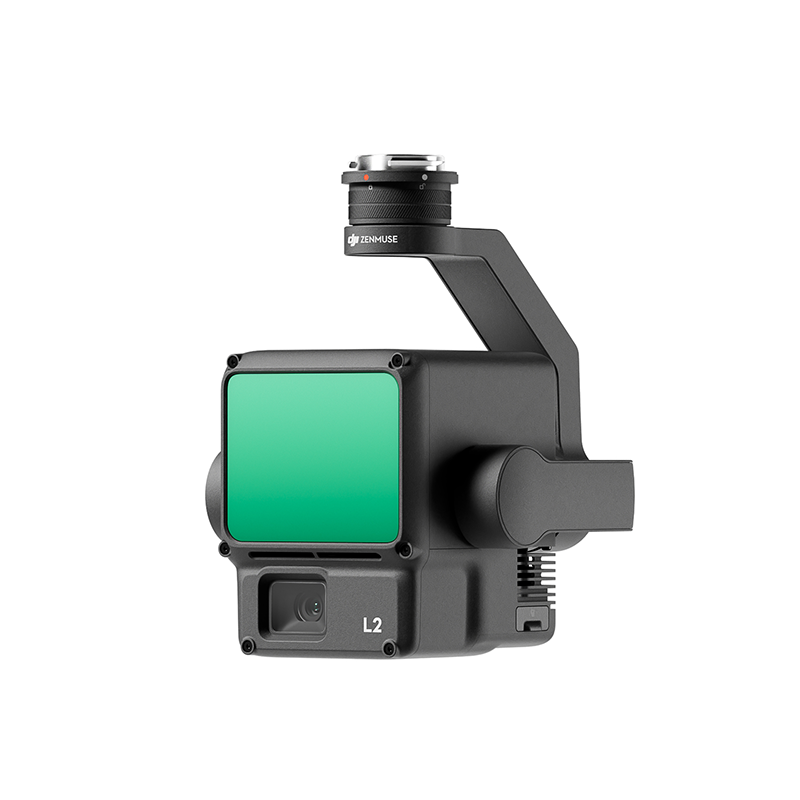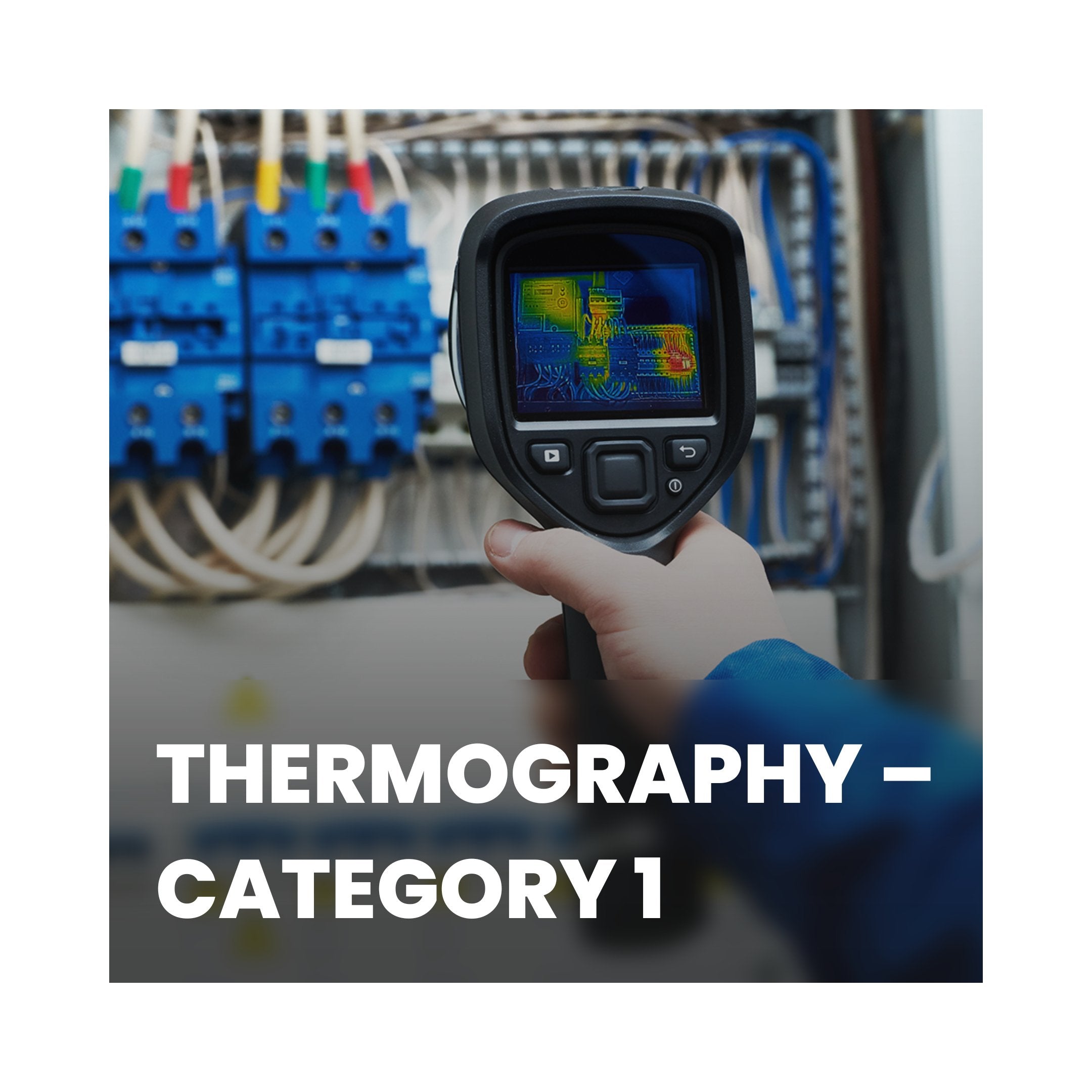
iRed Limited
Thermal Imaging Category 1 - Training Course
Price excluding VAT
This course is a pre-requisite to Thermal Imaging Category 2
Finance and business invoice options available
iRed® are proud to be the only provider of ISO 18437+ thermal imaging training, offering both accredited and certified options for students looking to add thermal imaging to their range of services.
ISO 18436 is the industry-standard for thermal imaging training, however as the only training centre with an active surveying team, we go above and beyond industry requirements by teaching up-to-date techniques and practices combined with exclusive industry insight.
Our most popular course, the Thermal Imaging Category 1 course provides a launch pad for your career in infrared thermography, preparing you for industry using commercial current theory and applications.
|
IRED CERTIFIED (UNACCREDITED)
|
ACCREDITED
|
|
Certified by iRed
|
Certified by iRed
|
|
ISO 18436+ Course Content
|
ISO 18436+ Course Content
|
|
Nationally Recognised
|
Internationally Recognised
|
|
Third-party Accredited by BINDT (PCN Scheme)
|
|
|
Additional Assessment Requirements
|
We are here to help!
If you're having trouble finding the training course you're looking for, please don't hesitate to reach out to us. We're here to help you out in getting the perfect course of your choice.
Email: training@ired.ac.uk | Call: 01243370296
FAQ
General
You can find the basic details of each course on the website itself. If you want more information related to any of the training course available on our website, feel free to reach out to our experts via email: training@ired.ac.uk or phone: 01243370296
We accept all kinds of digital payment methods, including credit cards, PayPal, ShopPay, and other secure online payment options. You can also choose to pay via bank deposit or purchase order.
No, all the prices shown on our website exclude taxes. As per the government norms, we charge 20% VAT, and it gets calculated during the checkout process.
Our training sessions are mostly held near our head office in Emsworth, Hampshire (UK). For larger groups (4 delegates or more), we can offer training on your site, however this will be subject to external checks carried out by one of our instructors to ensure it is safe to operate.
Support
Definitely, we offer customized, on-site training solutions for groups of four or more individuals. These flexible and cost-efficient courses are conveniently brought directly to your location.
For more details, please reach out to us via email: training@ired.ac.uk or phone: 01243370296
We are a CAA authorised drone pilot training provider, if you are not able to find your desired course, please contact us via email: training@ired.ac.uk or phone: 01243370296 and we will try our best to get that course arranged for you.
Yes, we do provide discounts for bulk or corporate orders. For personalised assistance and pricing, please contact our sales team via email: training@ired.ac.uk or phone: 01243370296
Whether you are attending in-person or virtually, our instructors are always on hand to give additional support and one-to-one mentoring where required. If you would like to have a chat away from the group, then this can be done during break times or alternatively when the session finishes each day.
Other
Our team is happy to assist you with any kind of information or help you need, please reach out to us via email: training@ired.ac.uk or phone: 01243370296 for any queries.

